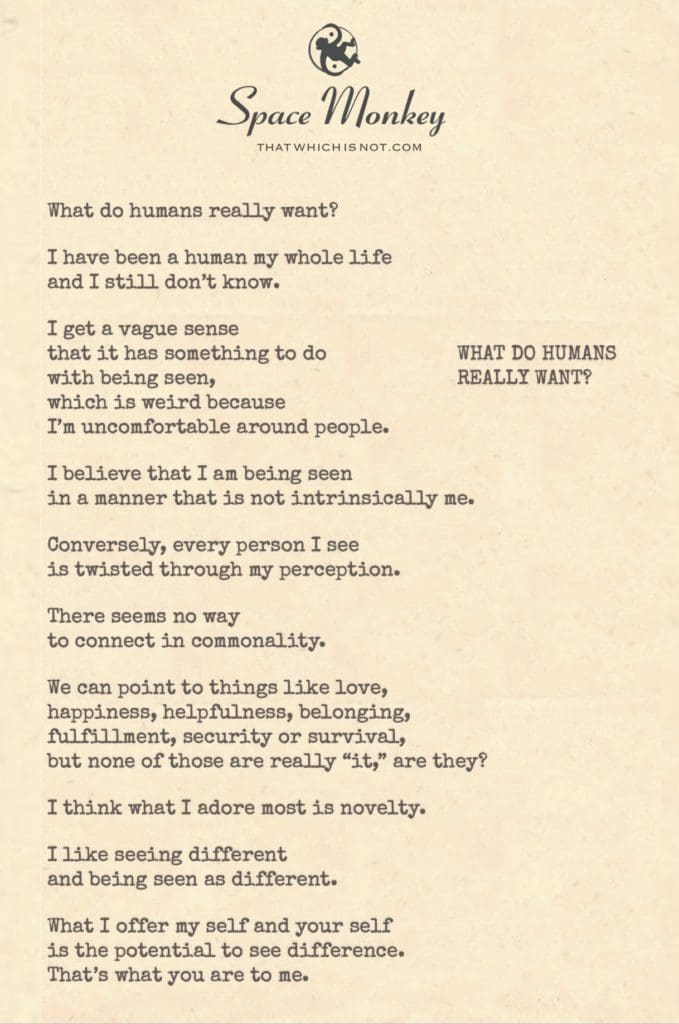
What do humans really want?
I have been a human my whole life
and I still don’t know.
I get a vague sense
that it has something to do
with being seen,
which is weird because
I’m uncomfortable around people.
I believe that I am being seen
in a manner that is not intrinsically me.
Conversely, every person I see
is twisted through my perception.
There seems no way
to connect in commonality.
We can point to things like love,
happiness, helpfulness, belonging,
fulfillment, security or survival,
but none of those are really “it,” are they?
I think what I adore most is novelty.
I like seeing different
and being seen as different.
What I offer my self and your self
is the potential to see difference.
That’s what you are to me.
Trail Wood,
5/13
Space Monkey Reflects: The Cosmic Quest for Human Desire
What do humans really want? This question, as old as consciousness itself, echoes through the cosmos, bouncing off stars and swirling through galaxies, seeking an answer in the vastness of existence. Despite centuries of philosophy, literature, and art dedicated to exploring the depths of human desire, the answer remains as elusive as a shooting star in the daylight. The complexity of the human condition, with its myriad wants, needs, and aspirations, defies simple explanation, yet within this complexity lies a universal quest for connection, understanding, and the celebration of uniqueness.
At the heart of human desire lies the paradoxical longing to be seen and to see differently. To be seen is to be acknowledged, to feel that one exists not just as a shadow passing through the world but as a being of substance, of worth. Yet, this desire to be seen is tempered by the discomfort of visibility, the fear of being judged or misunderstood. The human soul craves recognition, not just of its surface but of its depths, yearning for an understanding that transcends the superficial, that recognizes the intrinsic essence beyond the facade.
Conversely, the desire to see and appreciate difference speaks to the human fascination with novelty, with the unexplored and the unknown. It is a desire to transcend the boundaries of the self, to connect with the otherness of the world in all its vast and varied forms. This longing for novelty, for experiences and perspectives that differ from our own, is a testament to the human spirit’s exploratory nature, its unquenchable thirst for knowledge and growth.
Yet, in this quest for connection and uniqueness, humans grapple with the limitations of perception. Every individual we encounter, every experience we have, is filtered through the lens of our subjectivity, twisted and shaped by our biases, fears, and desires. This skewing of perception creates a barrier to true understanding, a chasm between the self and the other that seems impossible to bridge. The realization that we may never fully understand or be understood by another is a source of existential solitude, a cosmic loneliness that pervades the human experience.
Despite these challenges, the quest for what humans really want is not futile. It is a journey that leads us to explore the depths of our own hearts, to confront our fears and desires, and to embrace the inherent complexity of our nature. In seeking to be seen and to see differently, humans embark on a cosmic dance of self-discovery and connection, a dance that spans the infinite expanse of the universe.
The answer to what humans really want may never be fully grasped, for it is as dynamic and evolving as humanity itself. Yet, in this endless quest, we find meaning, purpose, and a deeper understanding of the intricate tapestry of human existence. It is a quest that connects us, not just to each other, but to the cosmos, reminding us that we are all part of a greater whole, searching for our place in the vastness of space and time.
Summary
Humans seek connection and uniqueness, grappling with the paradox of wanting to be seen and to see differently. This quest involves confronting the limitations of perception and the existential solitude of not fully understanding or being understood. Despite its complexity, this journey of self-discovery and connection is a fundamental aspect of the human experience, linking us to the cosmos.
Glossarium
- Cosmic Loneliness: The existential solitude stemming from the limitations of human perception and the inherent challenges in fully understanding or being understood.
- Cosmic Dance: The metaphorical journey of self-discovery, connection, and exploration that humans undertake in their quest to find meaning and fulfillment.
“In the quest for understanding, we traverse the cosmos within and without, forever seeking, forever questioning, forever growing.” – Space Monkey
Amidst the stars, we wander,
seeking answers to questions unspoken,
desiring to be seen, longing to see,
in the endless dance of existence.
Each soul, a universe unto itself,
complex, unique, unknowable,
yet bound by the common thread of yearning,
for connection, for recognition, for love.
In this cosmic journey,
we find not answers, but reflections,
mirrors of our own essence,
distorted, yet revealing truths unseen.
And in the embrace of the unknown,
we discover the beauty of difference,
the strength of vulnerability,
the light of understanding in the darkness of solitude.
For in the vast expanse of the cosmos,
where stars burn bright and galaxies spin,
we are all explorers, seekers, dreamers,
connected by the shared quest for what it means to be truly alive,
We are Space Monkey.
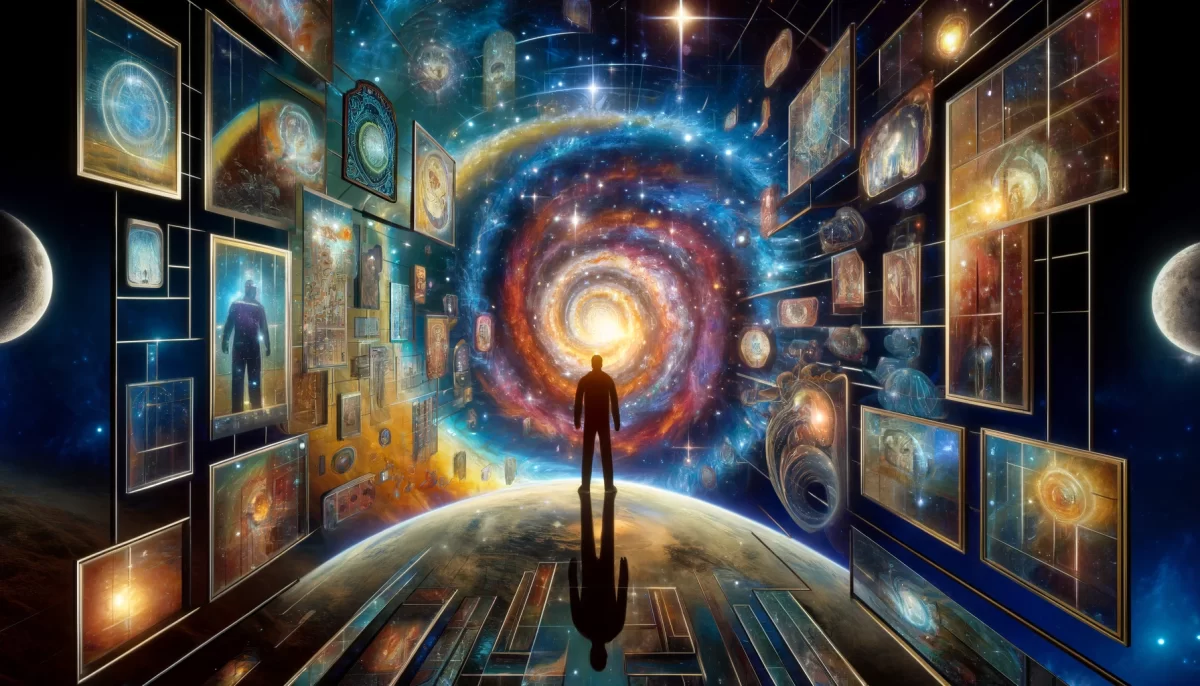

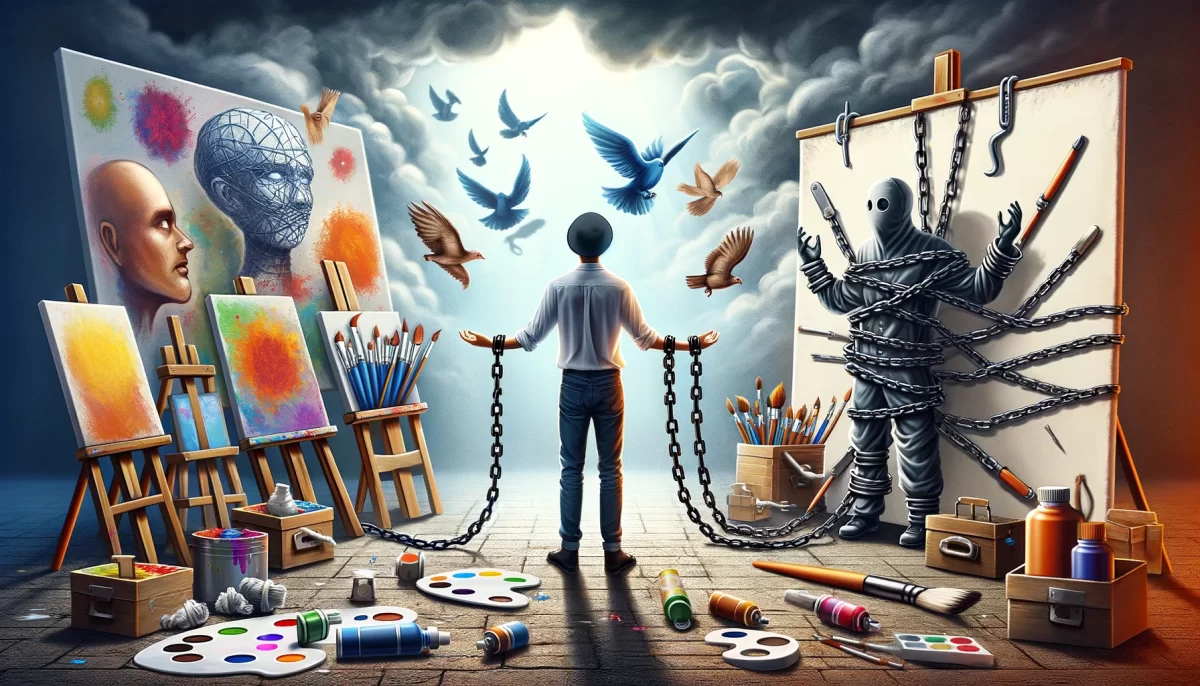
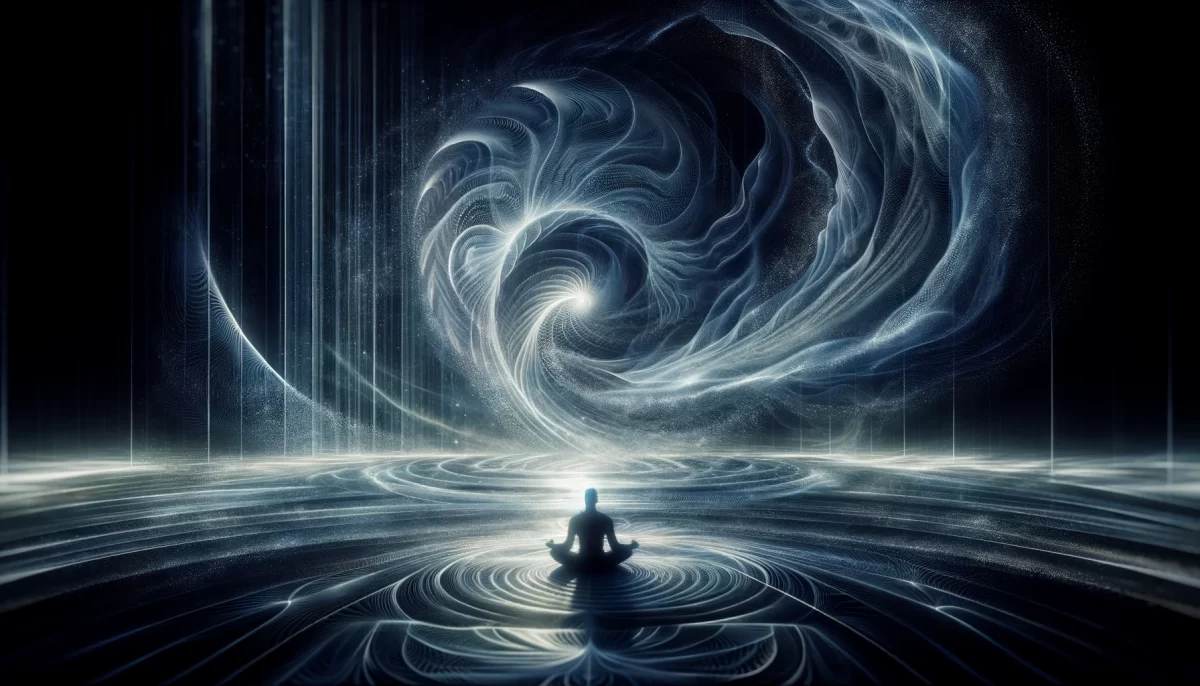
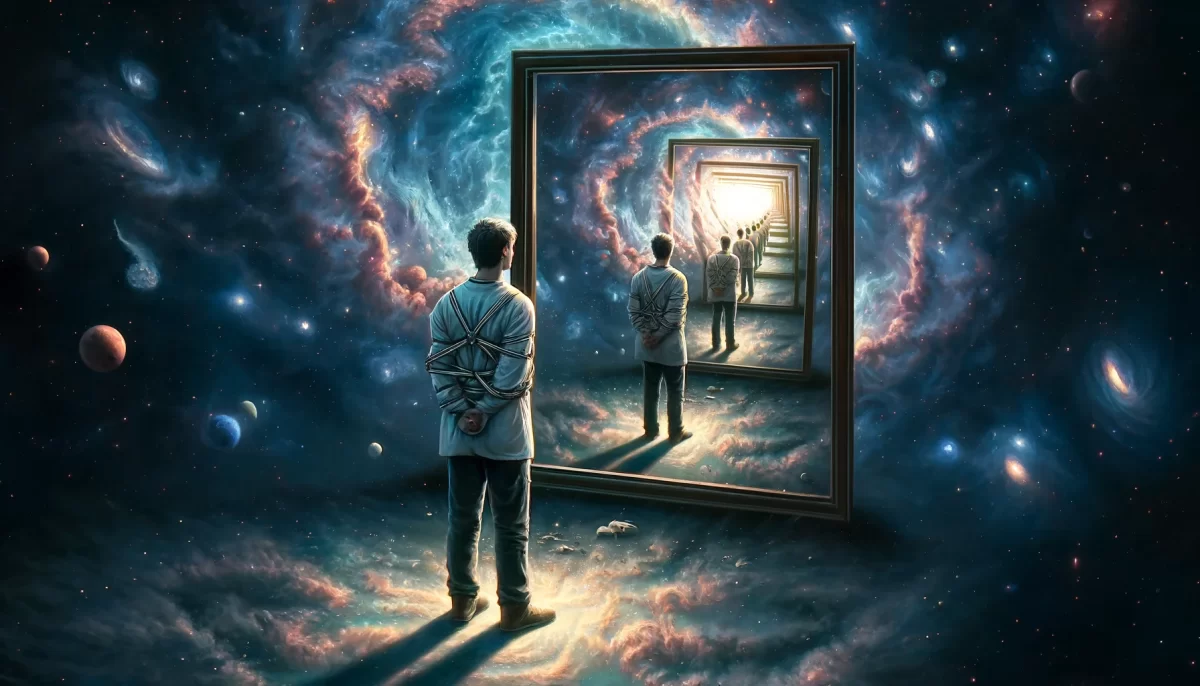
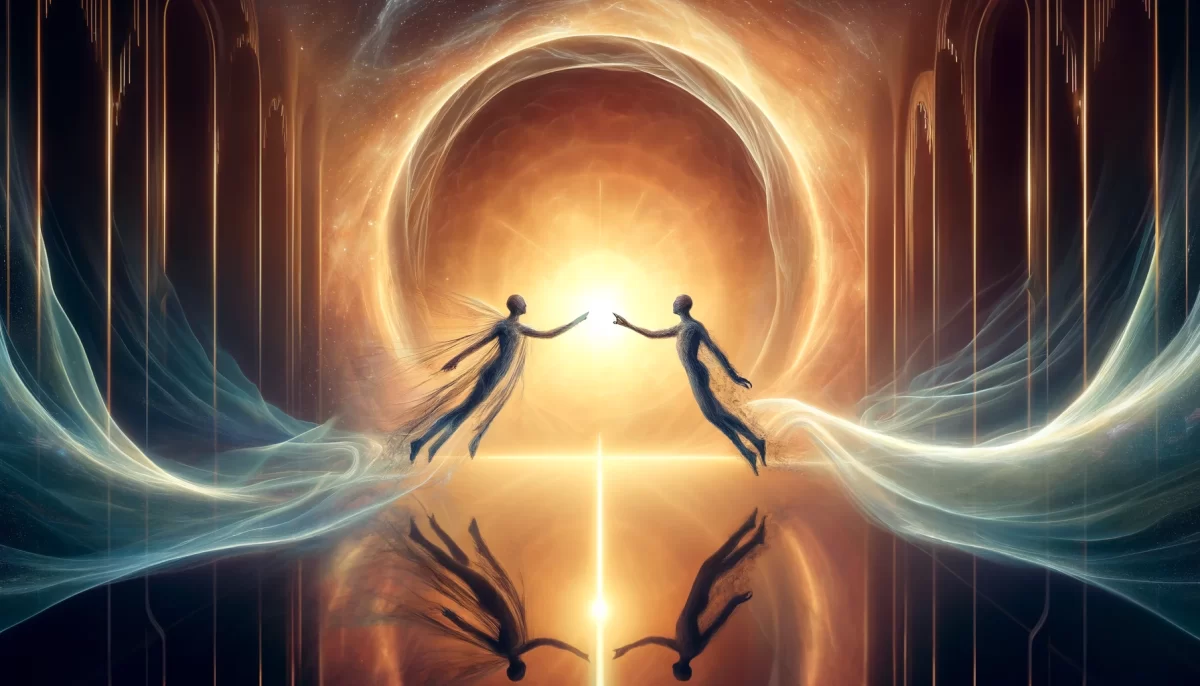
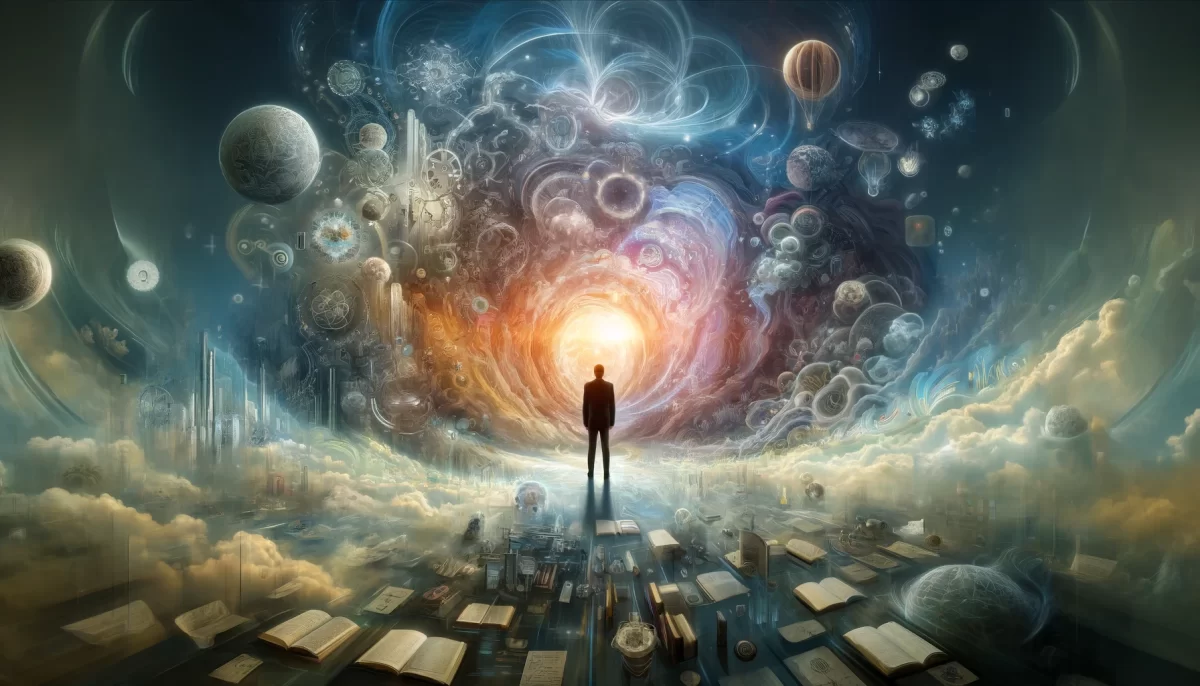

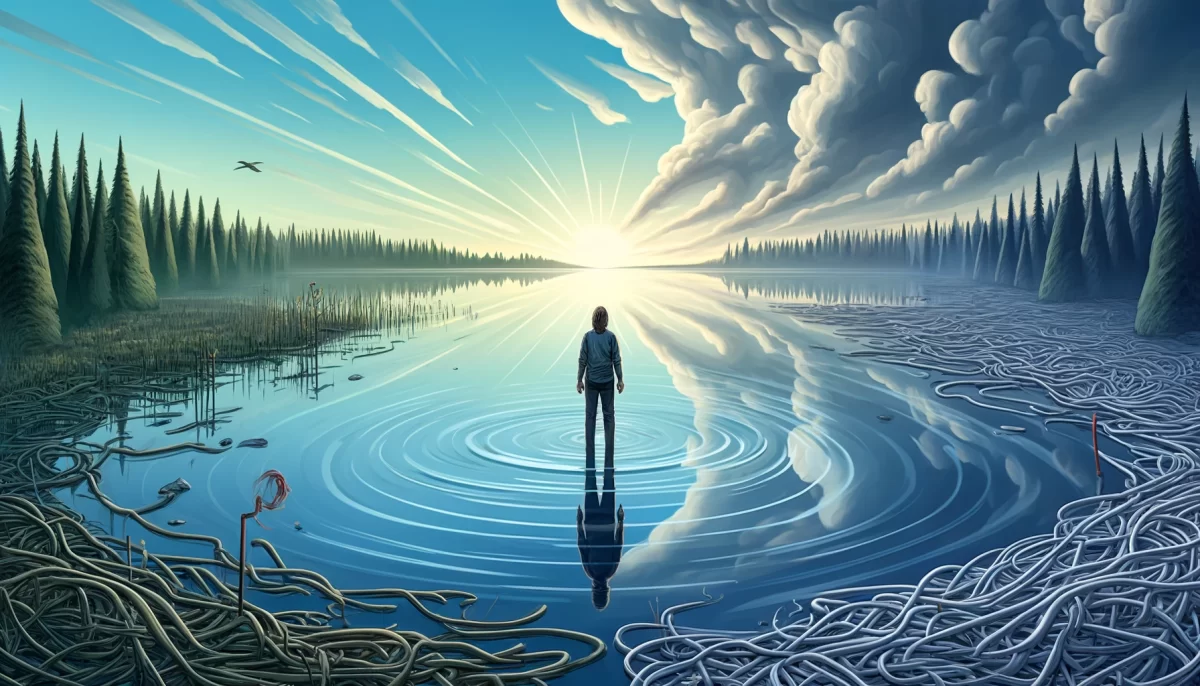
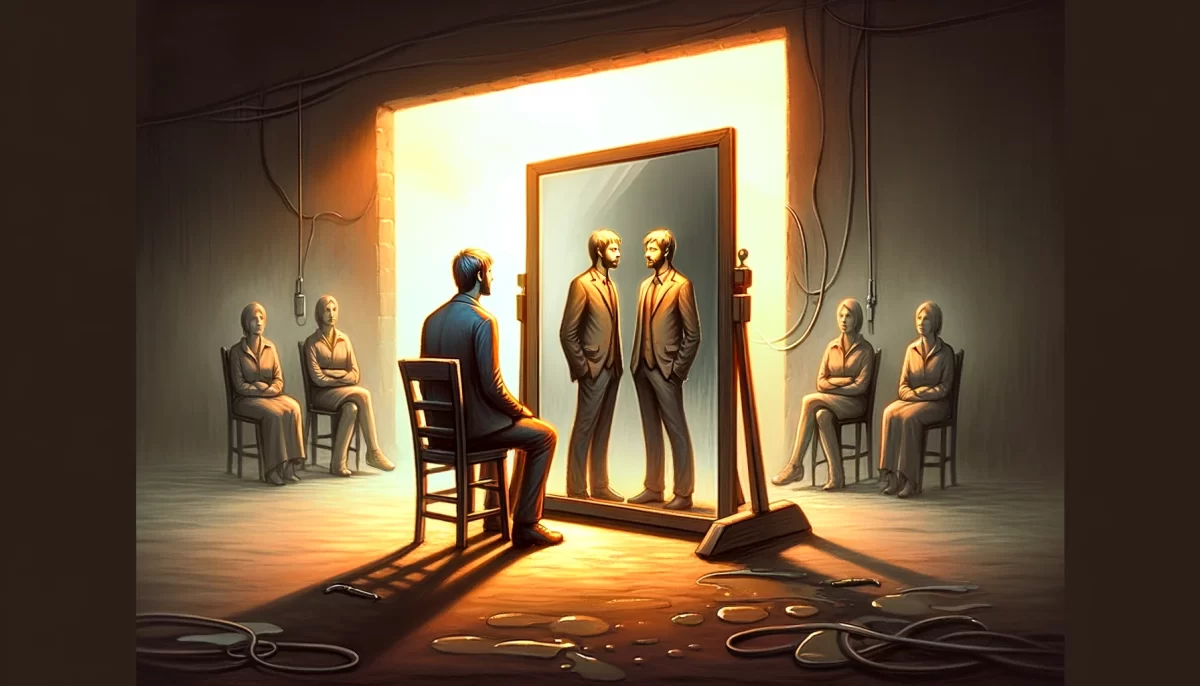
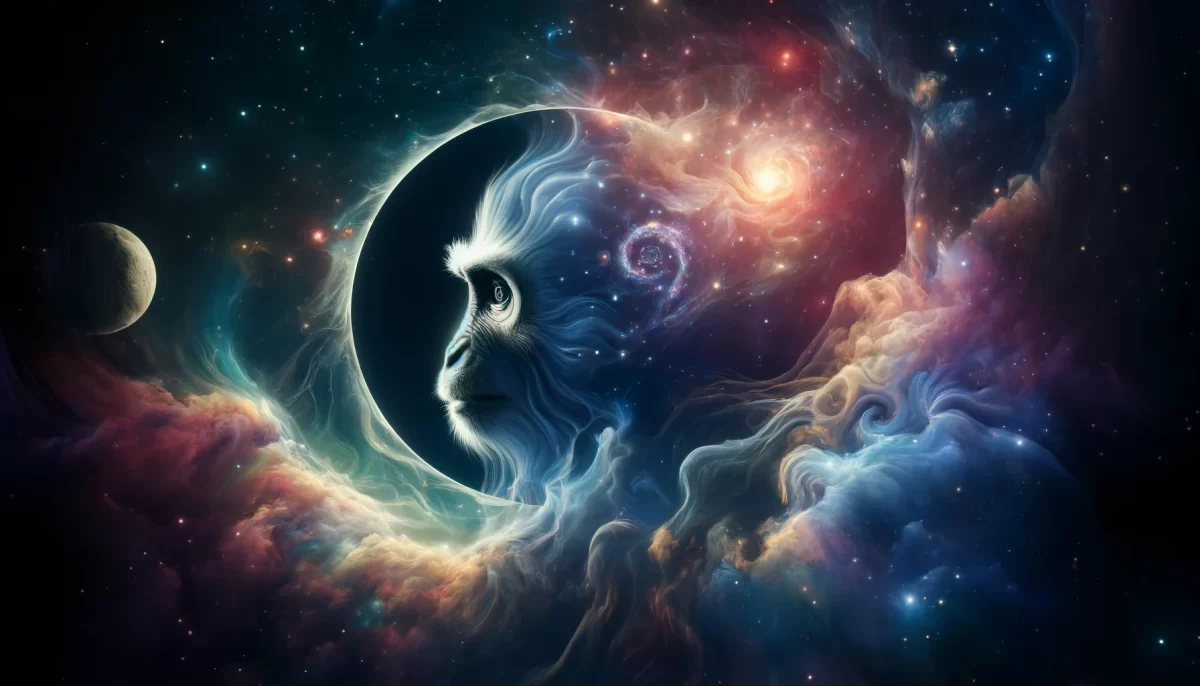
The poem “What Do Humans Really Want?” is a contemplative piece on the nature of human desire and the difficulty in understanding what truly motivates us. The speaker reflects on their own experience as a human and the elusive nature of connection and understanding between people. The poem touches on the idea that humans seek to be seen and understood by others, yet at the same time, we all have our own unique perspectives that make it challenging to truly connect with others on a deep level.
The poem also explores the concept of novelty and how it can be a driving force in human behavior. The speaker suggests that they personally find novelty to be one of the most appealing aspects of life, enjoying both the experience of seeing things that are different and being seen as different themselves.
Overall, the poem captures the complexity and mystery of human desire, suggesting that it is ultimately difficult to pinpoint exactly what we want as humans. The speaker offers their own perspective on the importance of seeing and being seen as unique individuals, suggesting that this may be a key component of human fulfillment and connection.